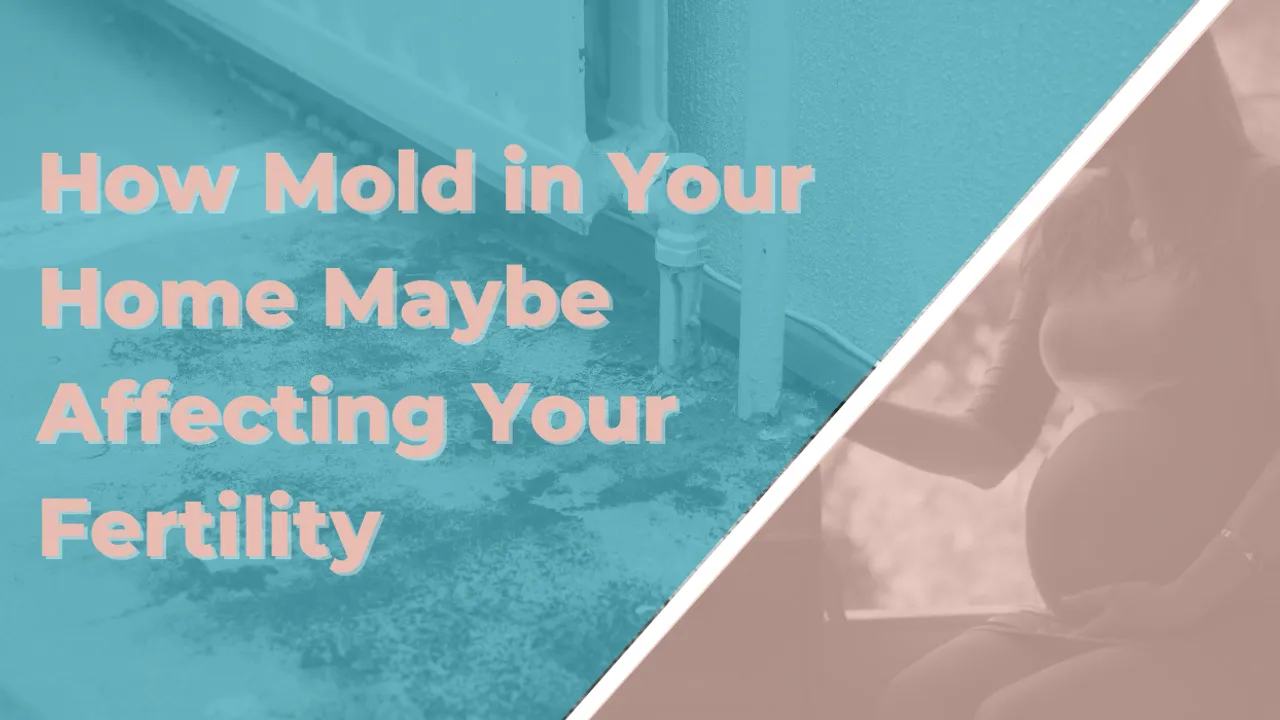Can mold affect your fertility? The short answer is yes. But if you’re interested in the long answer, read on.
Mold refers to a type of fungus that can come in various colors. It’s pretty common in most households, and you might not even be aware of its presence at all. It normally thrives in places where there are lots of moisture, and while it’s often harmless in small amounts, it can still threaten your health, especially if you’re sensitive to it.
How It Can Affect Your Fertility
According to several evidence, mold can affect your hormone levels which, in turn, can affect your overall fertility. This happens due to toxic mold poisoning.
By definition, toxic mold poisoning is a reaction that you develop when you’re exposed to Stachybotrys chartarum, or simply black mold, for a prolonged period of time. It happens when this type of mold grows in the hidden corners of your home and goes unchecked over time. While mold can be detected by its musty odor, there are some cases where you can only figure out its presence once the damage is already done—your health is harmed.
According to Dr. Matt Pratt-Hyatt, the mycotoxins present in black mold and certain types of mold are linked to potential infertility due to their adverse effects on the maturation of the human oocyte and spermatozoa.
He further added that prolonged exposure to these toxic compounds can lower embryo quality and disrupt steroid hormone homeostasis, thus resulting in infertility.
Mycotoxin hormonal dysregulation can be multi-factorial. It can include limbic activation, gut disruption, direct hormone mimicking effects, and even inflammatory effects in the immune system. Inflammation alone can affect our hormones and can cause hormonal imbalance and endocrine disruption. According to Environmental Protection Agency (EPA), aside from interference with reproduction, endocrine disruptors can cause increased cancer risk, developmental malformations, and disturbances in both the immune system and nervous system.
Furthermore, exposure to toxic molds can affect male and female hormones. It can cause severe premenstrual syndrome, heavy periods, infertility, early menopause, erectile dysfunction in men, and rapid weight loss or gain.
Dr. Margaret Christensen explains how exposure to toxic molds can affect several systems in our body. As you breathe through your nose, small particles enter with your inhalation, triggering the olfactory bulb – the smelling and sensing nerve that sends signals to the part of your brain that controls hormonal functions. Particles like air pollutants and particularly mycotoxins travel through the olfactory nerve and irritate the sinuses, which then releases inflammatory chemicals. As a reaction, these inflammatory chemicals travel back to the limbic system, potentially disrupting hormonal signaling. The limbic system comprises several parts, including the hypothalamus – the regulatory center of hormonal functions and the amygdala – the part that constantly scans for danger. If these parts get inflamed from toxins like mycotoxins, it will most likely affect your hormonal balance.
Bottom Line
Getting rid of all mold spores in your home can be tricky as they can be difficult to control, but there are some actions you can take to nip them in the bud. Since mold spores can’t survive without moisture, it’s a good practice to constantly check and reduce moisture in your home to eliminate or prevent mold growth.
Some steps you can take to prevent and remediate mold in your home:
- Keep your home’s humidity level under 60%
- Dry up wet materials right away
- Clean and dry surfaces that are prone to mold growth
- Repair water leads quickly. Spend the money on getting a professional to come dry things (lesson learned from personal experience!)
- Dry items before you store them
- Improve airflow at home with a good quality air filter.
- If you see suspicious areas around the home, do a mold analysis with a professional quickly.

